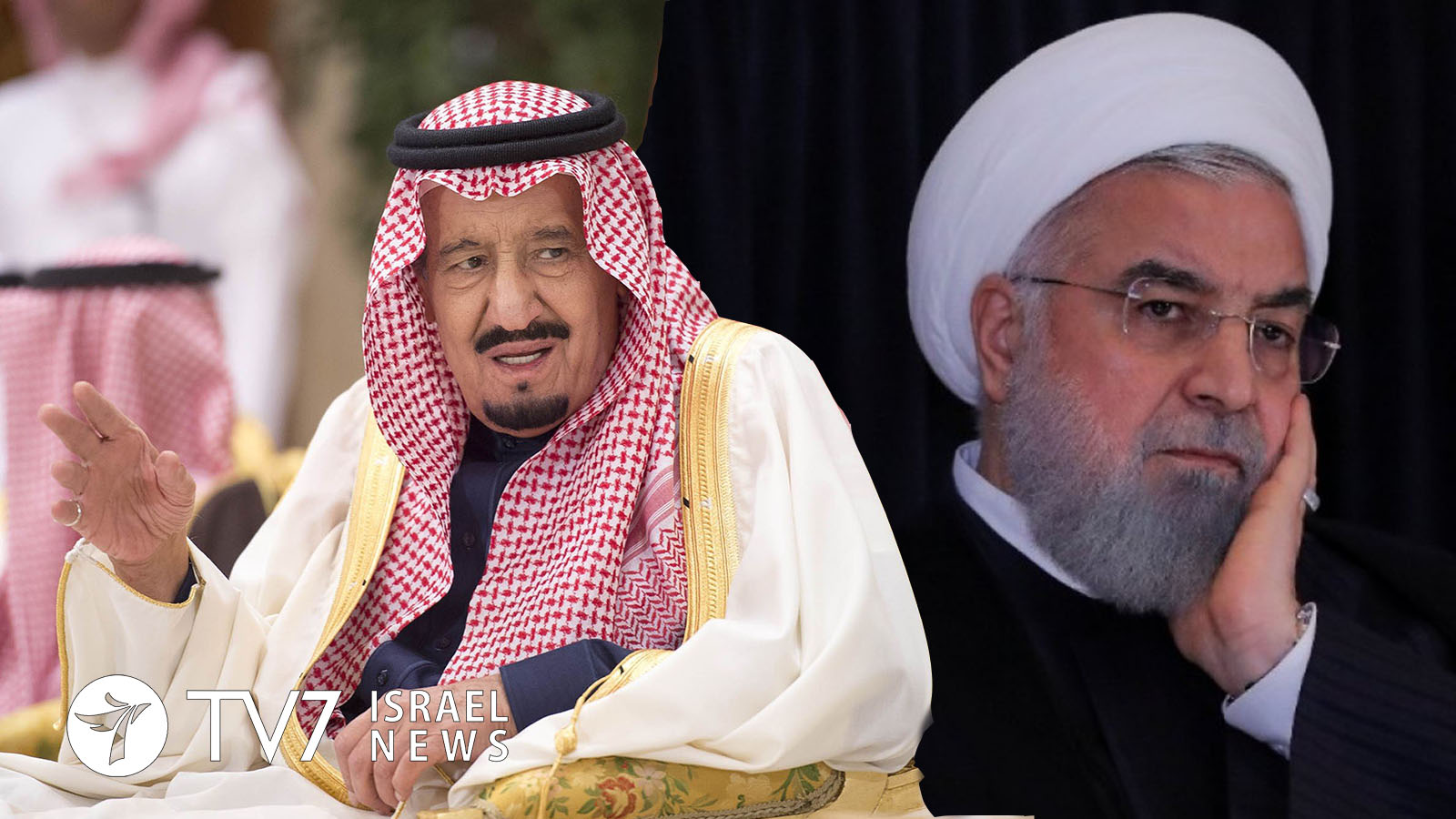King Salman Bin Abdulaziz al-Saud urged the international community to take preemptive measures against the Islamic Republic of Iran, which continues to develop a ballistic missiles program that has the capacity to carry a nuclear payload. In an address to the Kingdom’s Islamic Shura Council, King Salman stressed that it is imperative for the world to unite in efforts to confront Tehran’s nuclear ambitions that continue to threat global security and stability. Bin Abdulaziz al-Saud stated that “The international community has to work to put an end to the Iranian nuclear program and stop its activities that threaten security and stability.” With regard to the war in Yemen, where Riyadh is heading a coalition of Arab militaries to confront the Iranian-backed Houthi militia – which aspires to take control of the chaotic country; King Salman stressed that Saudi Arabia supports the United Nations efforts to end the war, which has brought about a dire humanitarian situation to the poorest country in the Arab world. According to him, “Our standing by Yemen was not an option but a duty to support the Yemeni people in confronting the aggression of Iranian-backed militias. We support the U.N. efforts to end the war in Yemen with the resolution 2216”
The comments by the Saudi King came amid the first official visit by British Foreign Secretary Jeremy Hunt to the Islamic Republic, since the U.K. top diplomat assumed his post. In his first meeting in Tehran, Secretary Hunt met with his Iranian counterpart, Mohammad Javad Zarif, during which the two discussed the growing challenges the Ayatollah regime currently faces, including the nuclear agreement that is increasingly laying strain on the Iranian economy. Following the meeting with Minister Zarif, Secretary Hunt stressed that the United Kingdom’s top priority pertains to ending the civil war in Yemen. Hunt said, “This is a part of the world which is frankly a tinderbox and so many things can go wrong here. And Iran is one of the big players and we are very, very keen to move towards peace in Yemen.” With regard to the nuclear deal with the Islamic Republic, Iran’s top diplomat claimed that his British counterpart provided him with the assurances that London believes that there is no alternative to the 2015 nuclear agreement, dubbed ‘the Joint Comprehensive Plan of Action’. That said, Zarif underlined that while Tehran welcomes the British assurances, it demands to see actions that back the voiced political commitments. Mohammad Javad Zarif stated that “Foreign Secretary Hunt gave me the assurance that the United Kingdom believes in JCPOA, believes in the nuclear deal, and believes that they should remain with the deal. Of course, we also need to see some action. We welcome the political commitment of the United Kingdom and the rest of the – now – P4+1, but we believe that that political commitment needs to be followed with action.” After meeting with the Secretary of the Iran’s Supreme National Security Council Ali Shamkhani, who has previously threatened to counter U.S. measures with “surprising responses”; Secretary Hunt explained the reason for Britain’s ongoing efforts to preserve the nuclear agreement with the Islamic republic. “The country is clearly under huge pressure, and you can see that walking around very very few Western goods on site in the shops that we went to this morning. But we have a view in this country, and it’s one of the very rare occasions where we don’t take the same approach to the United States, that the Iran nuclear deal is a good thing because the situation in the Middle East is complex enough. It’s toxic enough, it’s dangerous enough that to have a nuclear power in the midst of it would make things even more dangerous. So we support this deal and we want to find a way for countries that wish to trade legitimately with Iran to do so,” he said.
While the British top diplomat encouraged the Iranian leadership to stand-strong amid its growing economic turmoil. That said, the European Union’s Foreign Ministers in Brussels endorsed a French government decision to sanction Iranian nationals whom were accused of plotting a bomb attack in Paris, potentially allowing the measures to take effect across the European bloc. Several Ministers whom attended the vote, voiced the opinion that the “technical work could now start on an EU-wide asset freeze on the Iranian intelligence service and two of its operatives, over a failed plot to carry out a bomb attack at a rally near Paris organized by an exiled Iranian opposition group.” Furthermore, Denmark, which announced that it suspected an Iranian government intelligence service had tried to carry out an assassination plot on its soil in October, also pushed for similar EU-wide sanctions against the Islamic Republic, once its investigation is complete.
